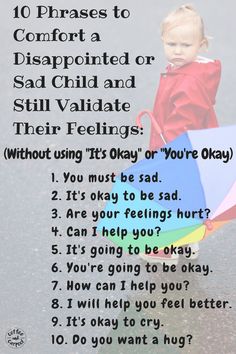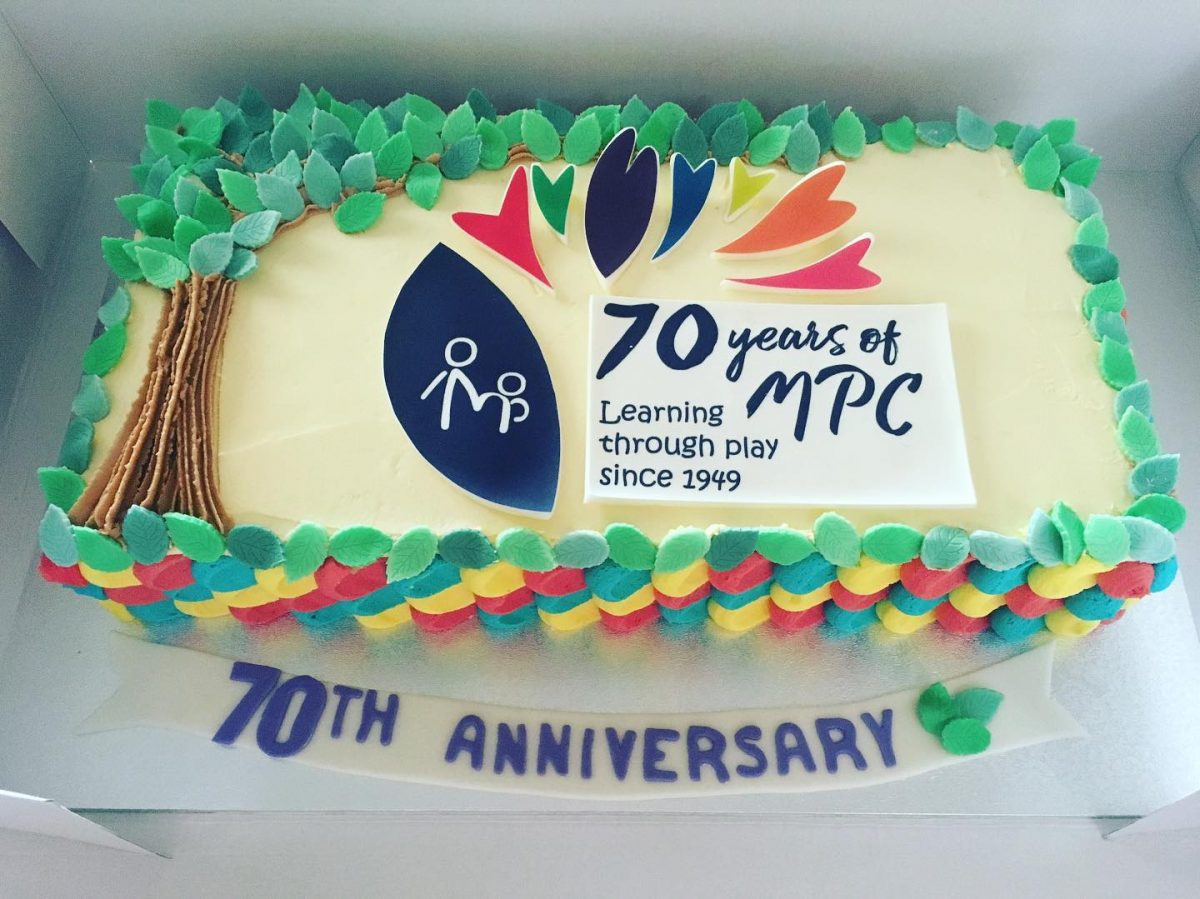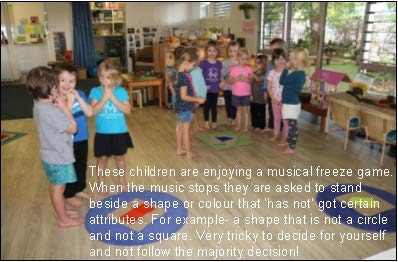
Disappointment is a good thing!
June 28, 2019
MPC turns 70… Community Spirit flourishes…
September 13, 2019What is it? Why is it important?
When children, build their capacity to think flexibly, remember, focus, self-regulate and make plans, they will increase their ability to solve problems, make decisions, persist at tasks, recognise and correct mistakes, control impulsive behaviour as well as set goals and work towards them. These skills will help them meet the challenges they will face at school and throughout their life.
Elements of Executive Functioning:
These skills are not pre-determined. They can be learnt and practised with incrementally increased complexity over time. Our goal is to create self-regulated learners who:
- Use memory to recall goals, tasks, processes and recall prior knowledge;
- Use inhibitory control to stay focussed on tasks and to
collaborate successfully with others; - Use flexible thinking to be creative, to generate new ideas, to problem solve and to respond to new situations in positive ways.
What can parents do?
- Encourage children to remember routine jobs independently.
- Allow time and support for children to solve their own problems (if necessary, help children identify the problem, brainstorm and decide on a plan and take action)
- Encourage challenging tasks: break down into steps.
- Plan a morning/ event together. (E. G. First__, next ____, then ____)
- Play games such as memory, I’m thinking of, Simon says…
- Make things tricky. (E.G. When I say ______, do the opposite) The list is endless!








